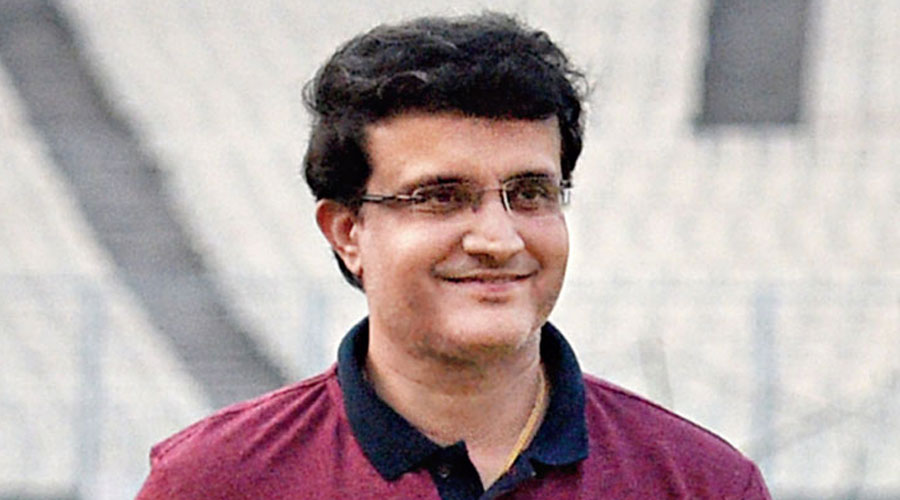The Comptroller and Auditor General of India (CAG) has urged the Supreme Court to divest it of the "auditing" and "oversight" role in BCCI and IPL panels, as its induction into the world's richest cricketing body has not served the stated objective.
Far from meeting the objective, the CAG has expressed concern that its supervisory role would come into question as its present nominees on the board are party to the majority decisions with which it may or may not agree.
Further, it has pleaded that there may arise peculiar situations when decisions of the BCCI to which the present CAG nominee is a party, may be subject to financial audit by private auditors/chartered accountants who, otherwise, are under the supervisory jurisdiction of the CAG.
"At present BCCI is audited by chartered accountants/private auditors chosen by it and in case there is a dispute as regards the quality or other aspects of the audit, the CAG as the auditor of the last resort may be called upon to undertake a special audit of BCCI or review the audit conducted by the chartered accountants/private auditors.
"However, being a party to decisions taken by Apex council of BCCI/IPL governing council...would effectively preclude the CAG from undertaking any subsequent audit, or discharge any supervisory role over the quality of audit done by the CAs/private auditors.
"In fact, ironically the CAs/private auditors would sit in judgment over the managerial decisions to which the CAG nominee is a party," the application filed through advocate Gaurav Sharma stated.
The issue is likely to come up for hearing next week.
The Justice R.M. Lodha committee had earlier recommended that out of the nine members in the apex council of the BCCI, five shall be elected office-bearers, and one of the remaining four shall be a nominee of the CAG in order to bring "transparency and financial oversight" into the affairs of the various state cricket associations and BCCI.
The recommendations were converted into an order by the apex court by its order date July 18, 2016.
Referring to the July 18 order, the CAG has stated that out of the 35 state cricket associations, till date only 18 have requested nomination of auditors from the CAG's office and these 18 nominations have been made by the CAG. The remaining 17 state cricket associations are yet to approach the CAG for nominating auditors to their respective councils.
The CAG filed its petition on July 3, a day before Alka Rehani Bharadwaj, its representative on the apex council, in an email asked Board president Sourav Ganguly to ensure that only "eligible" office-bearers would attend its meeting on July 17.
The BCCI's application for extension of the terms of its office-bearers who have to go into compulsory cooling off following the end of their tenure is pending before the Supreme Court.
BCCI secretary Jay Shah's term expired last month while Sourav's will end on July 27.
According to the CAG, from December 4, 2019, till date it has attended two apex council meetings and three IPL governing council meetings and was party to decisions with which it may or may not agree, but being in minority, its views had no real relevance.
"It is relevant to note that the CAG's nominee in the apex council is just one of the members and one of the seven members in the IPL governing council and is therefore party to decision whether or not she/he is in agreement with those decisions," the application said.
According to the CAG, the majority strength in the various councils of the BCCI is that of their elected representatives, as such the inclusion of a member of the CAG in the apex council or IPL governing council is not serving the objectives of the Justice Lodha committee as well as the Supreme Court.
Further, it said, "…the volume of additional work generated is huge and so far in CAG's office, we have received over 120 complaints of various alleged violations by BCCI and state cricket associations. These complaints frequently contain within them several individual complaints and often run into dozens of pages. These are generally in the nature of conflicts of opinion and may or may not flag specific issues of commission and omissions.
"Thus it is not possible for a officer who is the CAG's nominee, to fully do justice either to his original work emanating from her/his substantive posting or to the mountain of complaints or even to meaningful participation in the meetings of the BCCI's apex council or IPL governing council," the CAG said.
Hence, it sought a modification of the July 18, 2016, order to the extent that the CAG if required is allowed to carry out only annual or biennial audit of the BCCI instead of being part of its every day decision making process.










